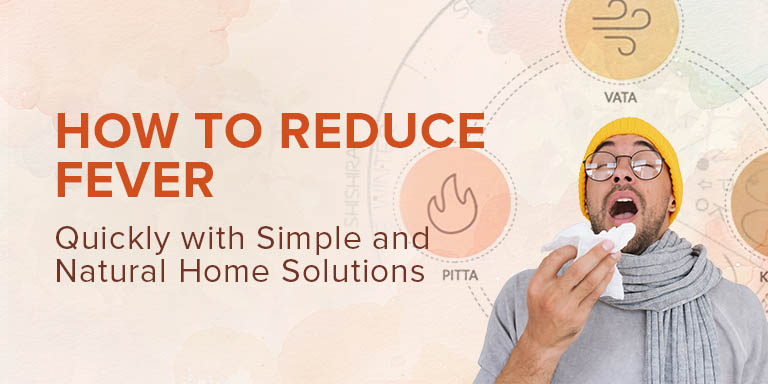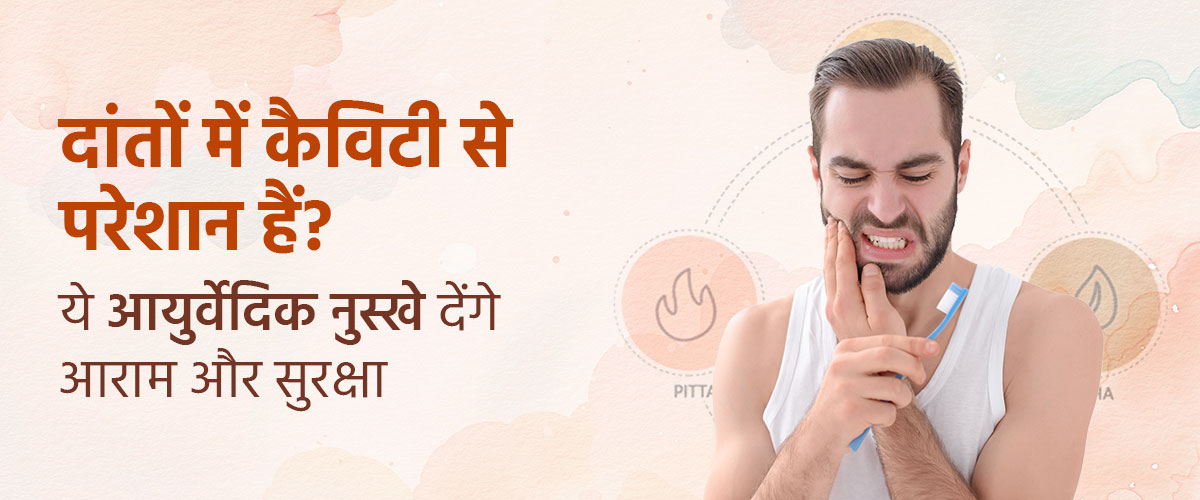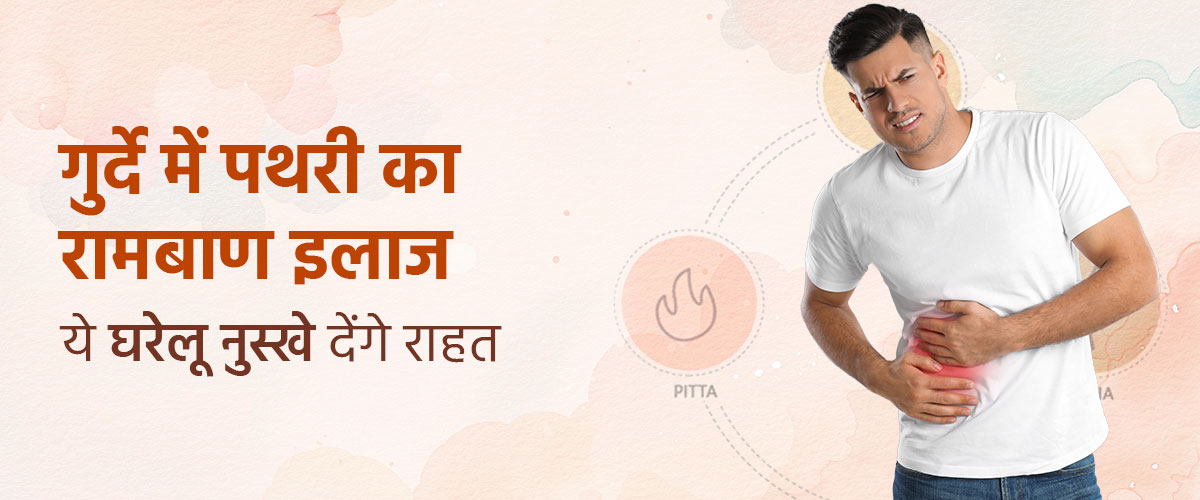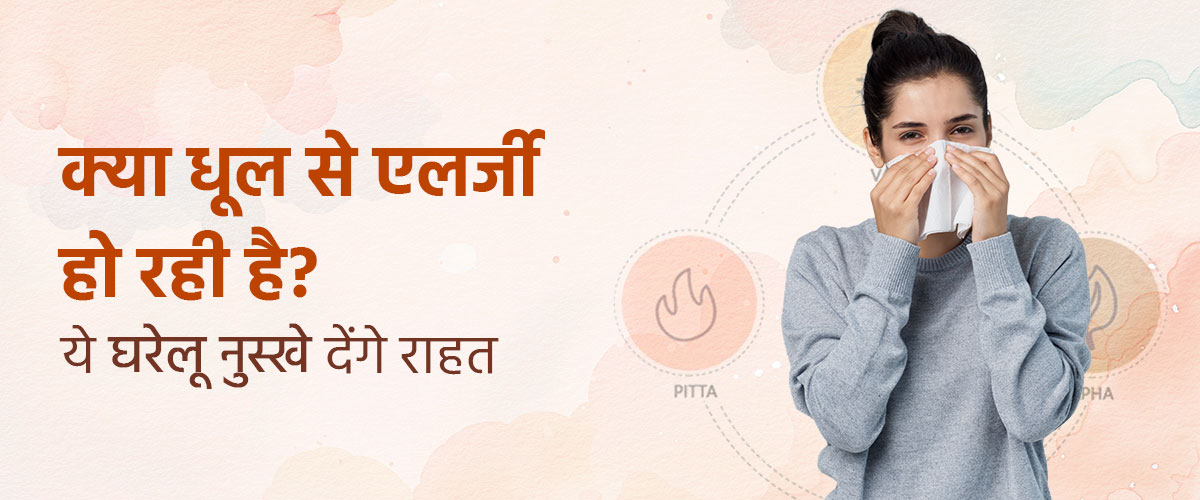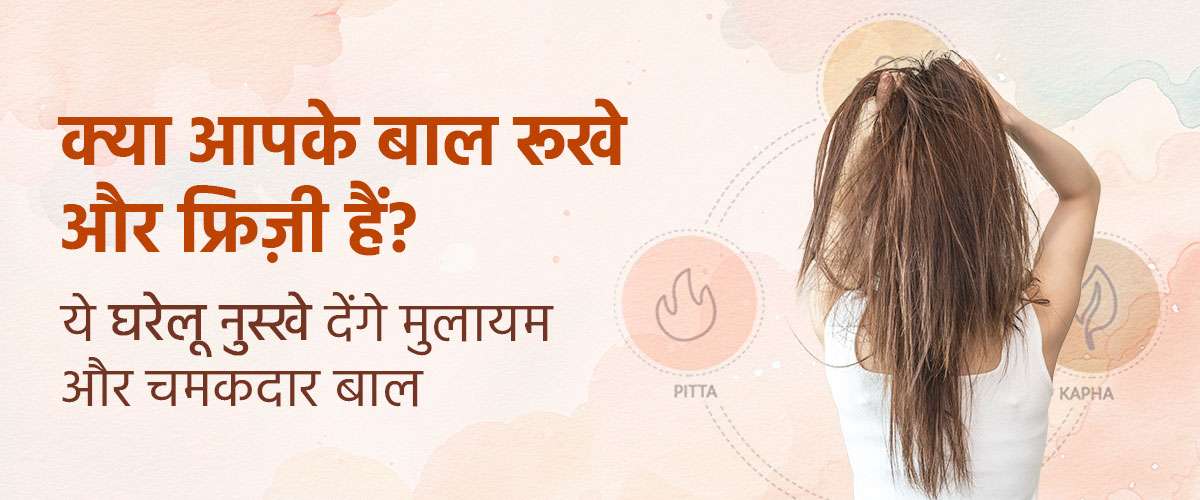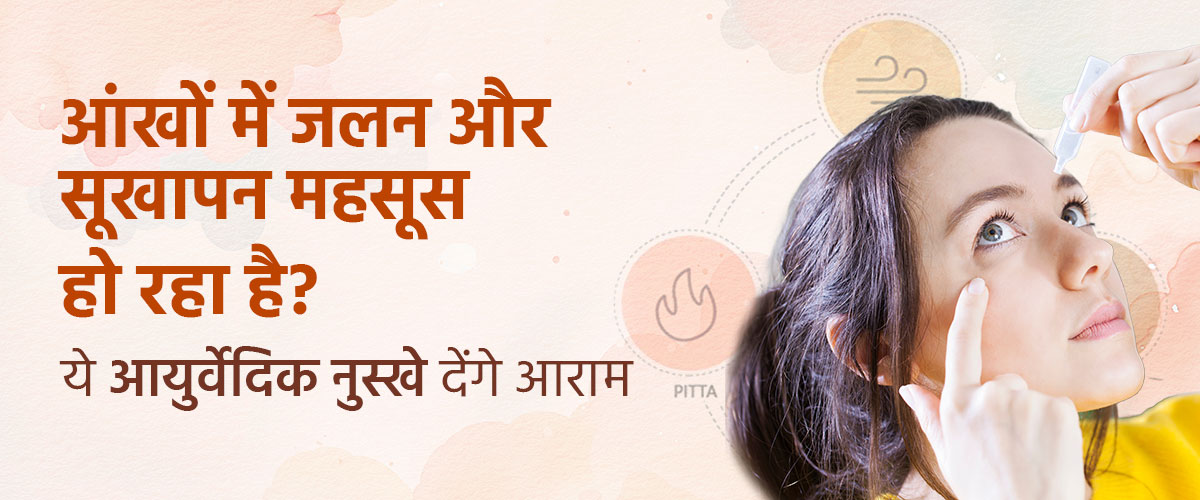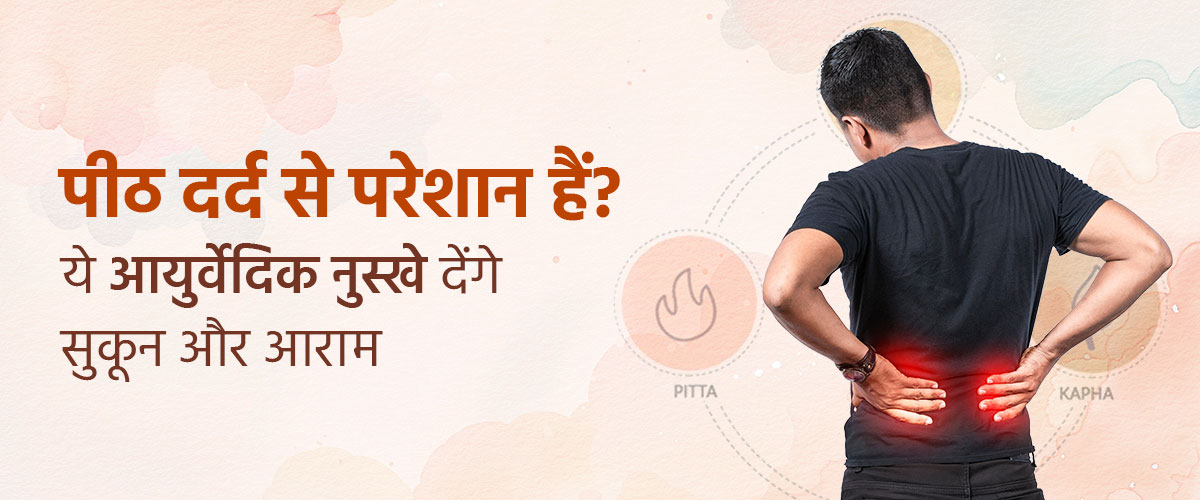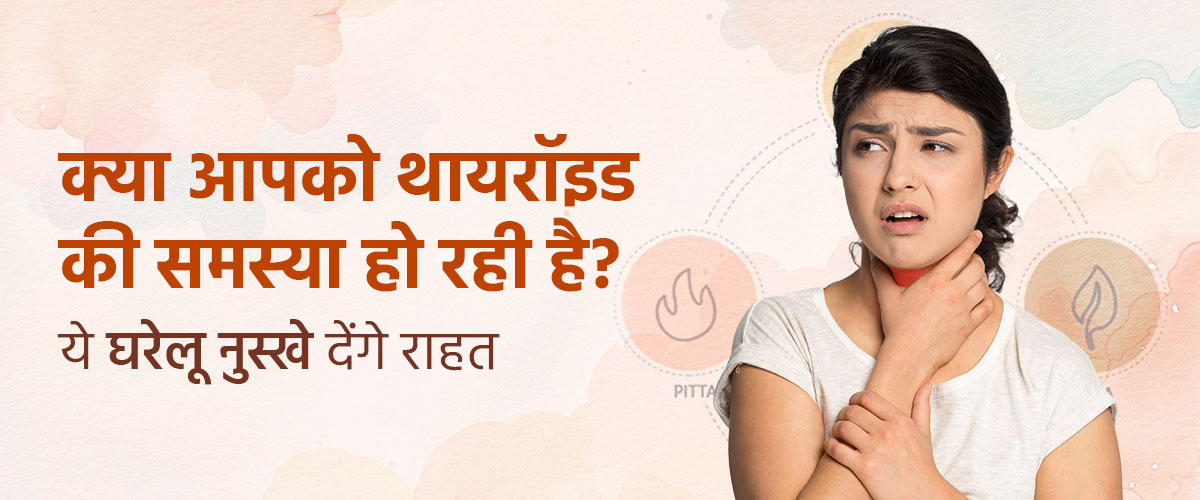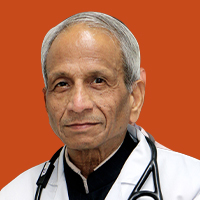Home Remedies for High BP
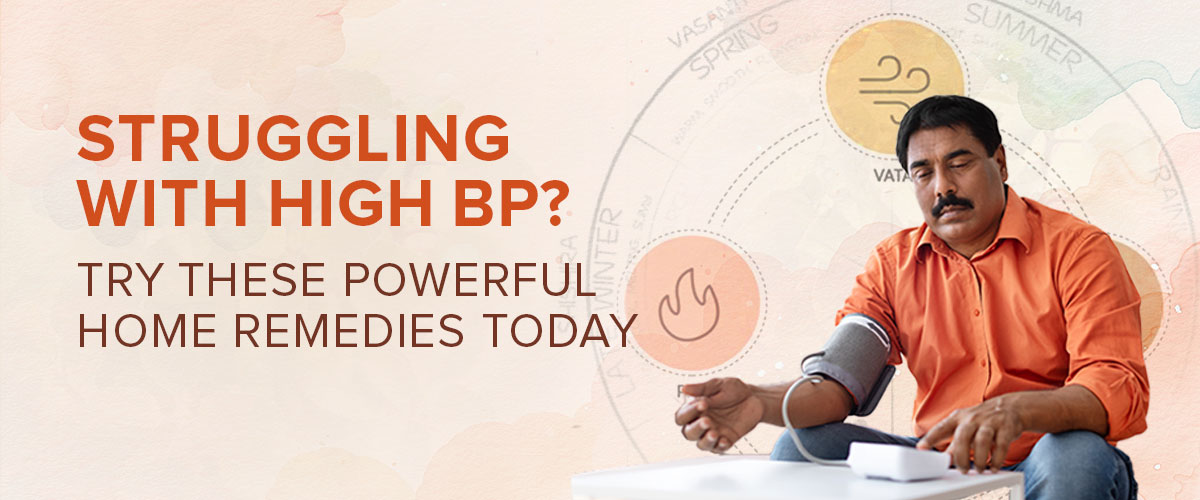
High blood pressure impacts millions of individuals worldwide. The condition is also referred to as hypertension. It is a leading cause of many ailments such as heart disease, stroke & kidney damage. Hypertension may go unnoticed for years because it lacks symptoms. Hence, it requires constant monitoring.
Medications are prescribed to manage high blood pressure. However, home remedies and lifestyle modifications are also helpful to manage it effectively. Simple yet impactful changes in diet, physical activity & daily routines can lower BP naturally. These remedies ease hypertension and improve health and wellness.
What is High BP?
High BP occurs when the force of blood against your artery walls is consistently too high. Blood pressure is measured using two numbers:
- Systolic pressure: The pressure when the heart pumps blood (top number).
- Diastolic pressure: The pressure when the heart rests between beats (bottom number).
A normal reading is 120/80 mm Hg. High blood pressure starts at 130/80 mm Hg or above. High BP needs to be managed early with lifestyle changes. BP can be safely monitored & healthy habits can help prevent damage over time. It is often called the "silent killer".
What Causes High BP?
High blood pressure can develop due to various factors. Some of the factors are controllable while others are not. Understanding the causes of high BP can help to prevent it.
Poor Diet: A diet high in salt, processed foods & unhealthy fats can increase blood pressure & lead to hypertension.
Lack of Physical Activity: A sedentary lifestyle weakens the heart. The heart works harder to pump blood. This increases the force against artery walls and the BP rises.
Stress: Chronic stress triggers hormones that constrict blood vessels. Such a condition leads to high BP. Unhealthy coping mechanisms like overeating, smoking, or drinking alcohol further worsen the condition.
Smoking and Alcohol: Nicotine from smoking constricts blood vessels. It temporarily raises BP. Long-term smoking damages arteries. Excessive alcohol intake can lead to chronic high blood pressure.
Weight and Obesity: Excess weight puts additional strain on the heart. It becomes harder for the heart to circulate blood in the body.
Genetics and Age: A family history of hypertension increases the chances of developing it. Also, blood pressure tends to rise naturally with age as arteries lose flexibility.
Underlying Conditions: Kidney disease, diabetes, hormonal imbalances & other medical conditions can cause high BP. Birth control pills, decongestants or some medications may also contribute.
Home Remedies and Tips
By following these remedies regularly, you can control your blood pressure and remain healthy.
Garlic Water: Garlic water might normally bring down blood pressure by lowering nitric oxide production, which relaxes blood vessels and increases blood circulation. Crush a peeled clove of raw garlic and soak in 100 ml water for 6 to eight hours or overnight. Drink this infusion early on an empty stomach. You may also use garlic in cooking or infuse peeled cloves in olive oil.
Lemon Juice & Coconut Water: This refreshing drink contains the diuretic qualities of lemon and coconut water and helps lowers blood pressure. To make it, combine juice of 3 lemons with 200 ml coconut water and drink it. Consume it once daily for hydration and normal blood pressure.
Blueberry Juice: Blueberries have antioxidants which help keep the heart healthy and bring down blood pressure, particularly in those at high cardiovascular risk. Blend one cup of fresh blueberries with half a cup of water and half a lemon. Enjoy this delicious juice once or twice daily as an all natural complement to your blood pressure management routine.
Hibiscus Tea: Hibiscus tea is an anthocyanin rich drink which reduces blood pressure. Steep 1 to 2 grams of hibiscus calyxes for 5 to 10 minutes in boiled water, strain and enjoy this tea once or twice daily, allowing eight hours between servings. To counterbalance its somewhat bitter flavor, add stevia or honey.
Banana & Avocado Smoothie: This creamy smoothie has potassium-rich banana and avocado that help eliminate sodium and relax blood vessels. Blend one banana, half of a ripe avocado and 1 cup yogurt together. Sweeten with honey or mix with ice for a cold beverage.
Turmeric Tea: Curcumin-rich turmeric helps maintain blood pressure via enhanced blood vessel function. Top with a teaspoon of turmeric powder and steep for 10 - 15 minutes in 150 ml of boiled water. Take as much as 3 cups each day between meals.
Pomegranate Juice: Strong antioxidants in pomegranate juice promote blood circulation and cardiovascular health. Blend the seeds of 1 pomegranate with one cup of water. Strain the juice and consume fresh, preferably unsweetened.
Lifestyle and Diet Recommendations
To manage high BP, you need to adopt a healthy lifestyle coupled with a balanced diet. Focus on nutrient-rich foods and avoid harmful ones. Here are some lifestyle recommendations for High BP:
Eat Less Salt: Reducing salt intake is one of the simplest ways to lower blood pressure. High sodium levels cause water retention, increasing blood volume and pressure on artery walls. Limit sodium intake to less than 2,000 mg daily. Avoid processed foods like canned soups, frozen meals, & salty snacks. Rinse canned vegetables to remove excess sodium. Replace salt with herbs, spices, or lemon juice to flavour your meals naturally.
Increase Potassium-Rich Foods: Potassium balances sodium levels in the body. It also relaxes blood vessels. You can add bananas, sweet potatoes, avocados, tomatoes, spinach, fish & other potassium-rich foods to your diet. Swapping regular salt for Himalayan pink salt can also provide an extra boost of potassium.
Exercise Regularly: Physical activity strengthens your heart. It allows it to pump blood better. The heart has to put less effort into pumping blood. You should do moderate aerobic activity. Go for walking, jogging, or dancing. Strength-training exercises 2 times a week can further improve the health of the heart. If you are new to exercise, start slowly. You can gradually increase the intensity of the exercises with time.
Stay Hydrated: Drinking enough water helps maintain healthy BP. It helps in smoother blood flow. Replace sugary or caffeinated beverages with water to support heart health. You should try to drink at least 8–10 glasses of water daily. The water intake can vary depending on your activity level and climate.
Manage Stress: Chronic stress leads to high BP. It triggers the release of stress hormones. These hormones constrict blood vessels which results in high blood pressure. Practice relaxation techniques such as deep breathing or yoga. Engage in hobbies or activities you enjoy, like gardening or painting. All these can lower stress levels.
Maintain a Healthy Weight: Excess weight puts added pressure on your heart. Losing even a small amount of weight can help lower your BP. You can combine a balanced diet with exercises for weight loss. You should avoid crash diets. Focus on nutrient-dense foods like fruits, vegetables, lean proteins & whole grains. Don’t forget to monitor your weight regularly.
Quit Smoking: Smoking raises BP instantly. It damages artery walls over time. You should set a quit date & remove tobacco products from your environment. You can also replace smoking with healthier activities like chewing gum or taking a short walk.
Sleep Well: Poor sleep patterns can contribute to high blood pressure. You should sleep 7 to 8 hours daily. Make a bedtime routine. You can read or take a warm bath to promote relaxation. Avoid screens & caffeine for better rest.
FAQs
1. How can I bring my BP down quickly?
To lower BP quickly, sit down, take deep breaths, and try to stay calm. Drink some water or coconut water. You can also place your feet in warm water to relax. Avoid salty foods and caffeine. In the short term, resting in a quiet place and slow breathing may reduce BP naturally.
2. What should we eat if BP is high?
Consume foods low in salt and high in potassium. Bananas, spinach, beetroot, unsalted nuts and oats are good options for high BP. Include more fruits, vegetables and whole grains. Avoid pickles, papads, fried foods and processed snacks. Homemade, lightly spiced meals with less oil and less salt work best in high BP.
3. What is the fastest home remedy for high blood pressure?
The fastest home remedies for high blood pressure are deep breathing and drinking coconut water. Try eating a banana or drinking beetroot juice as well. Practising anulom-vilom (deep breathing) for 5 to 10 minutes helps calm your nerves and lower blood pressure quickly. Avoid stress and salty foods if you have high BP.
4. What is the best drink for high blood pressure?
Some of the best drinks to handle high BP are coconut water, beetroot juice and plain warm water. Herbal teas like ginger or hibiscus tea can help also. These drinks relax your blood vessels, improve circulation and keep you hydrated. Avoid aerated drinks, alcohol and too much caffeine as these can raise your BP.
5. Which fruits are good for high blood pressure?
Potassium and fibre-packed fruits are good for high BP. Bananas, oranges, pomegranates, watermelon and apples are excellent options. These fruits relax your blood vessels and drain excess sodium. Eating a bowl of mixed fruits daily keeps your heart healthy and also helps you control your blood pressure with time.
6. Does lemon water reduce blood pressure?
Yes, lemon water helps to lower blood pressure. It is loaded with vitamin C and antioxidants that promote blood circulation and relax your blood vessels. Warm lemon water in the morning also detoxes the body. But do not just rely on lemon. Rather, eat a healthy diet and limit your intake of salt.
7. Is coconut water good for high blood pressure?
Yes, coconut water works well if you have high BP. It's rich in potassium and helps manage sodium levels within the body. Drinking it regularly supports hydration and heart health. Just be sure it's natural and not loaded with sugar. Most people need only one glass a day.
8. What is normal blood pressure by age?
Adult BP is approximately 120/80 mmHg. Up to 130/85 mmHg may be normal for people aged 40-60. After 60, a slightly higher range such as 135/85 mmHg is tolerated if no other symptoms are there. But anything above 140/90 mmHg needs attention. For your ideal range, always consult an Ayurvedic doctor.



 Prev
Prev
